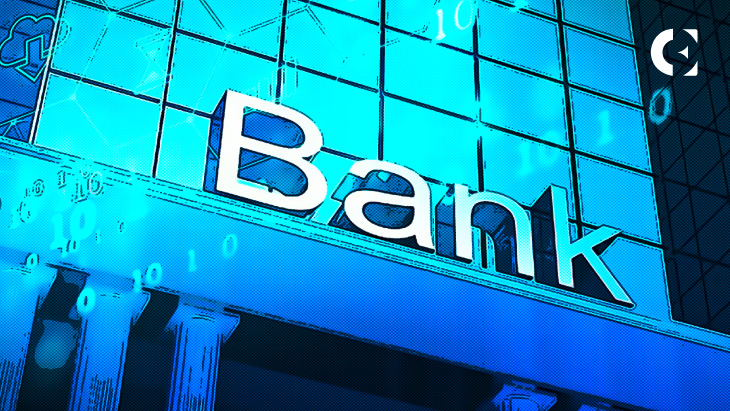- First-Citizens Bank has purchased Silicon Valley Bridge Bank.
- The 17 former SVB branches will open as First-Citizens Bank on Monday.
- The acquisition deal included buying $72B of SVB’s assets at a discount of $16.5B.
On Sunday, the US Federal Deposit Insurance Corporation (FDIC) announced the purchase and assumption of Silicon Valley Bridge Bank (SVBB), National Association, by First-Citizens Bank & Trust Company (FCBTC).
The move comes after the closure of Silicon Valley Bank by the California Department of Financial Protection and Innovation, with all deposits and assets transferred to the bridge bank to allow the FDIC time to stabilize the institution and market the franchise.
As part of the purchase and assumption agreement, FCBTC will assume all deposits and loans of Silicon Valley Bridge Bank. Depositors of the failed bank will automatically become depositors of First-Citizens Bank & Trust Company, with all deposits assumed by the new bank insured by the FDIC up to the insurance limit.
Additionally, the 17 former SVBB branches will open as First-Citizens Bank & Trust Company on Monday, March 27, 2023. Customers are advised to continue using their current branch until they receive a notice that systems conversions have been completed.
Furthermore, the acquisition deal included purchasing approximately $72 billion of SVBB’s assets at a discount of $16.5 billion. Roughly $90 billion in securities and other assets will remain in the receivership for disposition by the FDIC. In addition, the FDIC received equity appreciation rights in First Citizens BancShares, Inc., Raleigh, North Carolina, a common stock with a potential value of up to $500 million.
Notably, the bankrupt US bank was welcoming to cryptocurrencies and blockchain technology. In 2015, it partnered with the Coinbase crypto exchange to provide bitcoin services to its clients. Its failure cost about $20 billion to the FDIC’s Deposit Insurance Fund, with the exact cost to be determined when the FDIC terminates the receivership.
Disclaimer: The information presented in this article is for informational and educational purposes only. The article does not constitute financial advice or advice of any kind. Coin Edition is not responsible for any losses incurred as a result of the utilization of content, products, or services mentioned. Readers are advised to exercise caution before taking any action related to the company.







